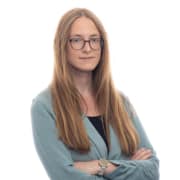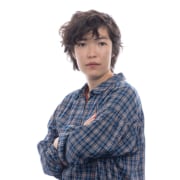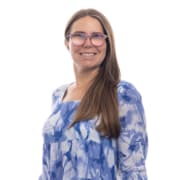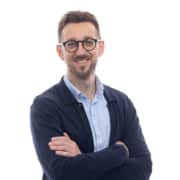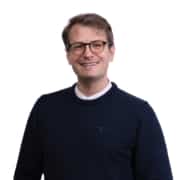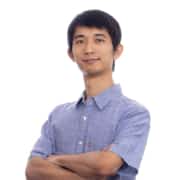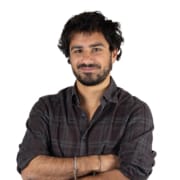Dr. Anja Reusch is a postdoctoral researcher in the field of information retrieval (IR), the science behind search technology. Her work aims to improve a neural network–based approach to search known as generative IR. She focuses on developing interpretability methods—techniques that model the decision-making process of neural networks to understand how these systems work internally and what they learn during training. The goal of her research is to make search systems faster and more efficient.
Anja investigates the inner workings of a neural network- based approach to search, making search systems faster and more efficient.
Anja earned her combined BSc and MSc and her PhD in computer science from the Technical University of Dresden. She is originally from a small town between Berlin and Leipzig, Germany, and lives now in Haifa with her partner. She served on the executive board as the treasurer of a local student association at TU Dresden and organized several events for computer science students. Having spent a semester each in Japan, China, Singapore, and Israel, Anja enjoys exploring different cultures and learning new languages.
